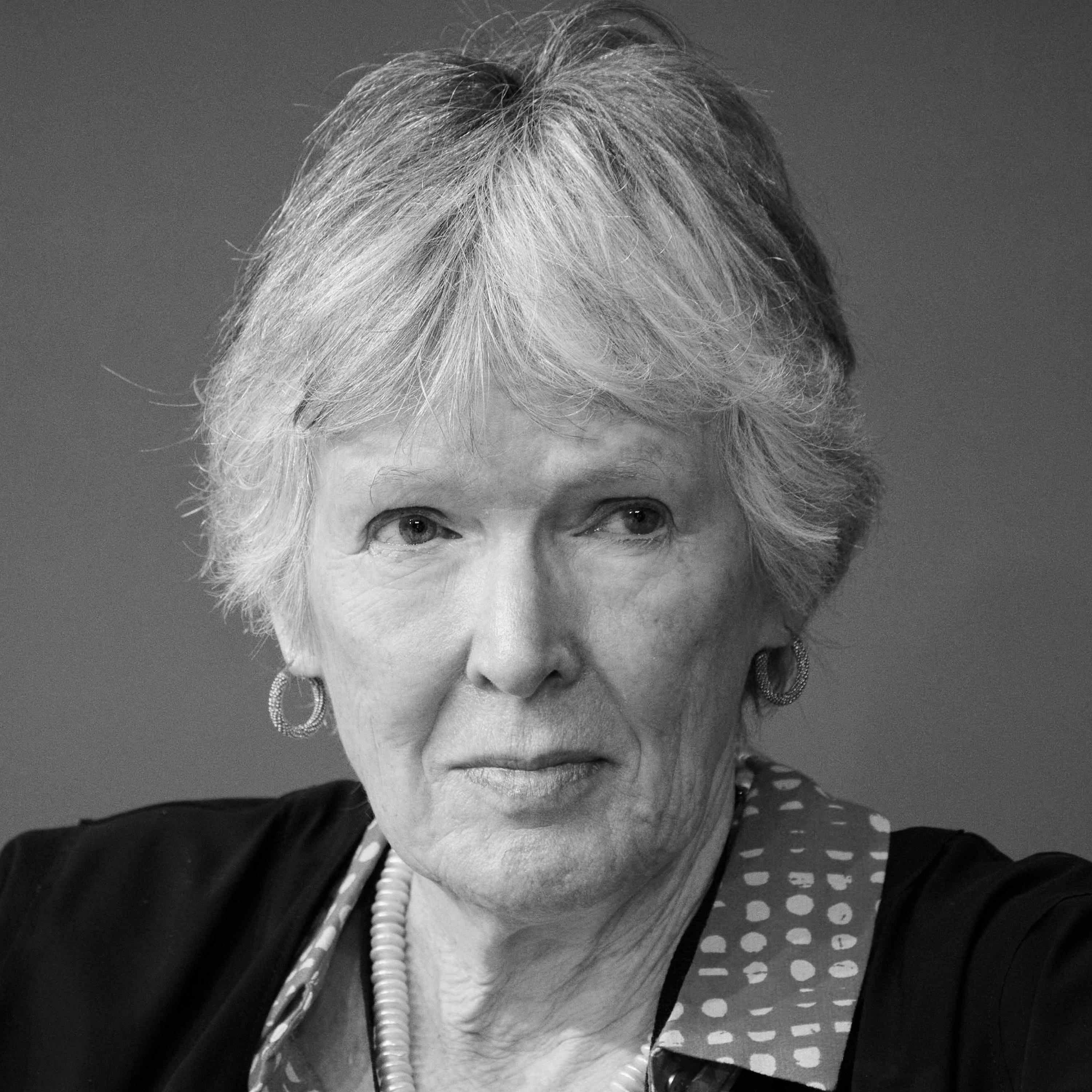Trump’s Betrayal of Ukraine
On this episode of The David Frum Show, The Atlantic’s David Frum opens with a warning: The United States’ support for Ukraine is collapsing under Donald Trump’s second term—and with it, the global system of peace and security that has protected Americans for decades. David explains what Trump’s latest actions reveal about his motivations, and why Ukraine’s survival may now depend on the outcome of the 2024 election.
Then David is joined by the former U.S. ambassador to Ukraine and now Democratic congressional candidate Bridget Brink, who served under both President Biden and President Trump. They discuss the true stakes of the war, the failure of the Trump administration to develop or execute a coherent Ukraine policy, and why Brink ultimately chose to resign her post. She offers a firsthand account of life in Kyiv during the early days of the full-scale invasion, the dangers facing American diplomats in war zones, and the institutional breakdowns now threatening U.S. foreign policy from within.
Get more from your favorite Atlantic voices when you subscribe. You’ll enjoy unlimited access to Pulitzer-winning journalism, from clear-eyed analysis and insight on breaking news to fascinating explorations of our world. Atlantic subscribers also get access to exclusive subscriber audio in Apple Podcasts. Subscribe today at theAtlantic.com/listener.
Learn more about your ad choices. Visit megaphone.fm/adchoices
Then David is joined by the former U.S. ambassador to Ukraine and now Democratic congressional candidate Bridget Brink, who served under both President Biden and President Trump. They discuss the true stakes of the war, the failure of the Trump administration to develop or execute a coherent Ukraine policy, and why Brink ultimately chose to resign her post. She offers a firsthand account of life in Kyiv during the early days of the full-scale invasion, the dangers facing American diplomats in war zones, and the institutional breakdowns now threatening U.S. foreign policy from within.
Get more from your favorite Atlantic voices when you subscribe. You’ll enjoy unlimited access to Pulitzer-winning journalism, from clear-eyed analysis and insight on breaking news to fascinating explorations of our world. Atlantic subscribers also get access to exclusive subscriber audio in Apple Podcasts. Subscribe today at theAtlantic.com/listener.
Learn more about your ad choices. Visit megaphone.fm/adchoices
Press play and read along
Transcript
Transcript is processing—check back soon.
The David Frum Show — Trump’s Betrayal of Ukraine





